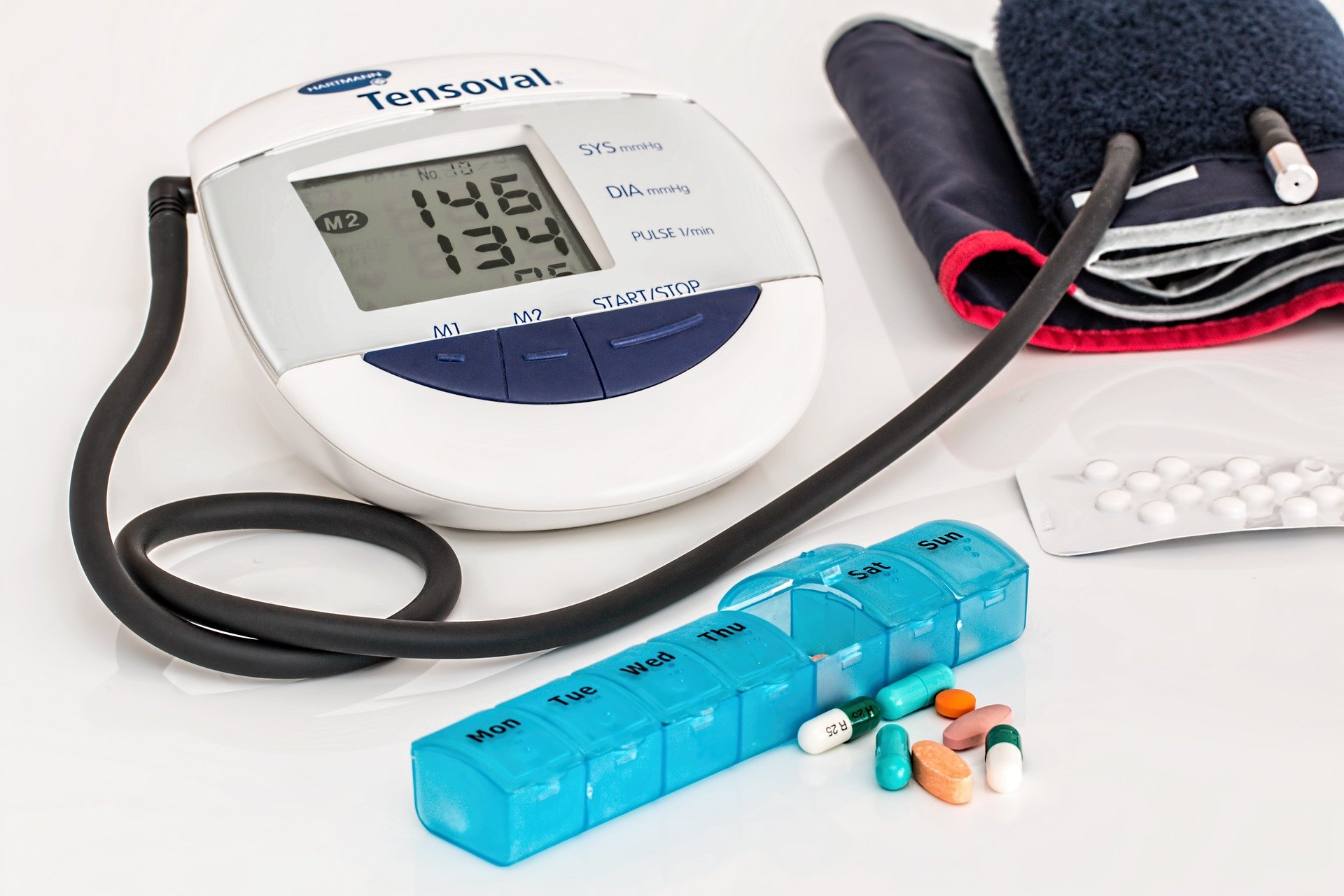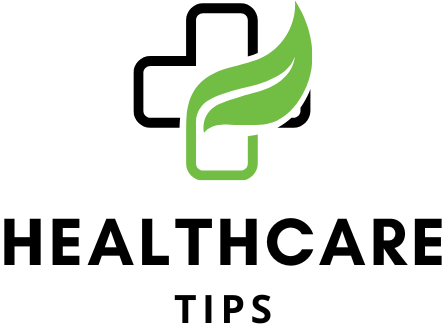Telemedicine

Internet of Medical Things (IoMT)
While there have not been significant adoptions of technology in the field of healthcare, this scenario is all set to change over the next few years. Leading companies have been getting competitive and transforming themselves into digital entities. A few technology trends are discussed below that will change the healthcare industry in the coming years.
- Telemedicine: Telemedicine is a transformative way of reducing the wait times for the underserved communities in the urban area and to reach out to the people in time. Telemedicine works on improving diagnosing and treatment so that it becomes easier for the patients to get access to specialists. The availability of the records electronically will make it easier to forward the documents to the specialists. People living in rural areas will also be able to contact specialists for their cases.
- Internet of Medical Things (IoMT): In modern times, various mobile applications and other smart devices can help people track their health. These devices can predict the chances of chronic illnesses well in time so that it saves time for both patients and doctors alike.With the amalgamation of IoT development along with telemedicine and telehealth technologies, a new IoMT has been created. In this, a number of wearables help in monitoring the health of the people.
-
Cloud Computing in Healthcare:
With the increasing number of patients and less physical space to keep the records, several healthcare organisations are moving out of space ad have been planning on getting the virtual space instead.This is where cloud computing comes into the picture because it can assist the record-keeping making it easier to access the records and make the consultation process better. Privacy can be maintained in cloud computing as well, which makes it an appealing choice for maintaining records.
- Artificial Intelligence (AI): Development in the field of artificial intelligence can make it possible to develop machines that can process information and provide decision making data in a manner similar to that of a human. The speed and accuracy of the diagnosis process can be improved by using AI applications. Machine learning algorithms can also be used in the creation of new drugs by exploring the chemical and biological interactions in the drug.
- Chatbots: The organisations can save a great deal of time and money using AI-based messaging and voice systems to deal with the routine queries. Chatbots can be beneficial for diagnoses of older people. A character can be created that can serve as an assistant to provide regular reminders.
- Data science and predictive analytics: It becomes difficult to compress all the data into something actionable for a patient who is suffering from a chronic disease. Thus, advancements in data science and predictive analytics and make it possible for practitioners to have a better and deeper insight in such cases. Data can also be scanned and analysed within an organisation to improve the efficiency of healthcare. Better models can be created by data science consultants by incorporating IoMT devices.
- Blockchain: The availability and the integrity of the information can be improved by distributing transaction records through a per-to-peer system with a shared digital ledger. As the digital transformation in healthcare improves, the fostering of combinations of security, portability and accessibility becomes important. With the arrival of blockchain in healthcare, interoperability is expected to improve dramatically. With the use of public-private key methods, healthcare information can be created,modified, and distributed with greater integrity.
With the advancement of technology in the field of healthcare, it is expected to bring about drastic changes in the traditional methods of treatment for the patients. The improvement in medical supplies and medical equipment can change the whole healthcare industry. Medical supplies and medical
equipment is redefining to keep up in the game of revolutionising healthcare.



